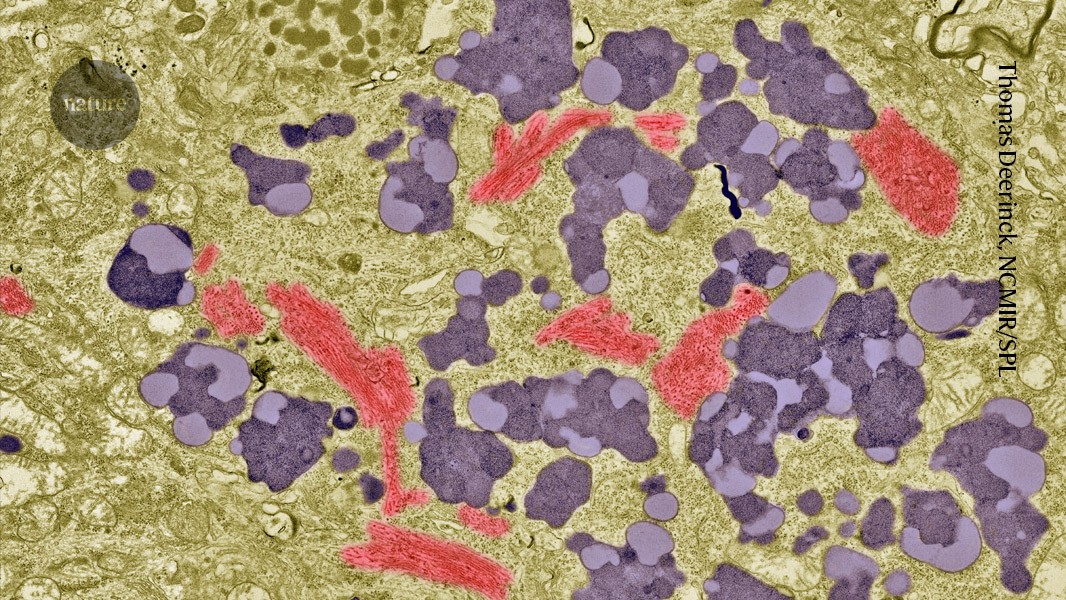
"The test, which is designed to rule out cognitive decline caused by Alzheimer's disease, is the first blood test cleared for use in primary-care settings but not a first for Alzheimer's. Elecsys pTau181 - developed by two pharmaceutical companies, Roche in Basel, Switzerland and Eli Lilly in Indianapolis, Indiana - measures a specific phosphorylated form of tau, known as pTau181 in blood plasma. The test quantifies how much tau protein in the body has been modified as a result of Alzheimer's disease."
"In a press release on 13 October, Roche reported that in a clinical trial of 312 participants, the Elecsys pTau181 test was correctly able to rule out Alzheimer's 97.9% of the time. The test uses a negative predictive value and helps to rule out Alzheimer's in individuals with cognitive decline, rather than giving a positive indication that someone has the disease."
The US Food and Drug Administration cleared Elecsys pTau181 to aid in ruling out Alzheimer's-related cognitive decline in primary-care settings. Elecsys pTau181, developed by Roche and Eli Lilly, measures phosphorylated tau (pTau181) in blood plasma to quantify tau modification associated with Alzheimer's disease. In a clinical trial of 312 participants, the test ruled out Alzheimer's 97.9% of the time using a negative predictive value. The test is intended to exclude Alzheimer's in people with cognitive decline rather than to confirm positive diagnosis. Researchers note high concordance with established biomarkers, but limited access to full trial data limits assessment of sensitivity, specificity, and positive predictive value. Alzheimer's pathology involves amyloid-β plaques and tau tangles that disrupt brain function and cause neuron death leading to cognitive decline.
Read at Nature
Unable to calculate read time
Collection
[
|
...
]